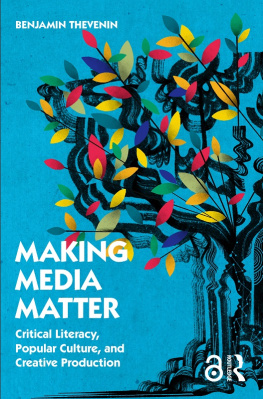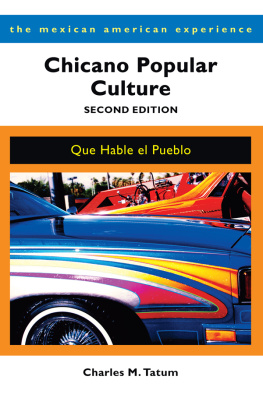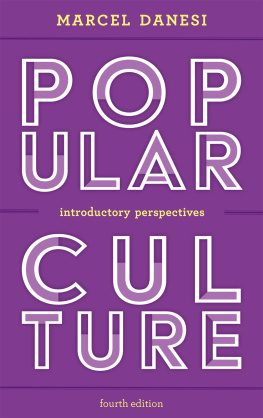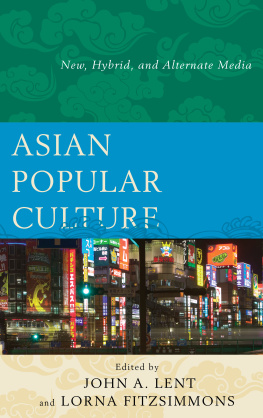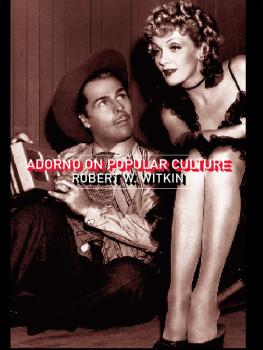Like most stories of writing, this tale begins with reading. Irvine Welsh is a famous writer, one of the select few whose name is larger on the dust jacket of books than the title. He is also aggitatively creative: he has built new vocabularies and graphologies, transforming how words appear on the page. But I did not realize the scale of his importance, relevance and generosity until I read his foreword to Paul Vasilis The First Black Footballer where he outlines the social costs of a ruling class dominating the voices and attitudes of a time, spewing out values and ideas that create a narrow and damaging view of history and culture.
The point is that while a well-funded cultural system exists to spew out ruling-class culture, any culture, art and history promoted outside of this system relies largely on concerned maverick groups or individuals. The society is only liberal or pluralist to the extent that it tolerates those different voices which are generally let in to spice up the mainstream only when it becomes intolerably bland. In the meantime, we lose so much of our culture.
Welshs support for this book was crucial. Vasili had crafted an important project of historical recovery. He rebuilt the life of Arthur Wharton, the first black British footballer. Such a valuable manuscript rarely attracts an audience, with sports fans drawn to season reviews and hagiographies. Irvine Welshs name on the cover granted the book a wide audience. He used the space in his foreword to enact a precise and pointed attack on those in power and the political apparatus they use to keep it. He recognized that the powerful, the white, the ruling class take what they want from disempowered lives and experiences to freshen up the marketing of popular culture, but tolerates little sharp critique or resistance. The ignorance of black history in supposedly quintessential British sports is merely one symptom of a blind ignorance of difference and the fear of change and criticism.
At a time where university research is defined as that which corporations, pharmaceutical companies and conservative governments pay us to do, those of us who think, read, write and create have some choices to make. For me, becoming a McDonalds Professor of Nutrition or the Body Shop Professor of Alternative Therapies holds little appeal. It is Irvine Welsh and writers like him who crash through the mediocre, the meaningless and the banal. Through his non-fiction even more than his fiction, he reminds us about class and its consequences on peoples lives.
Inequalities in society are what the rich reward themselves with. And these inequalities not only have to be maintained but justified.
What we really need is freedom from choice.
In a time when choosing a mobile phone ring tone is a political statement about identity, Irvine Welshs attack on choice and inequality is more accurate and incisor sharp than has emerged from political parties in years. At some point in the last two decades, most citizens in post-industrial nations made a decision that choice (in shopping centres) was more important than equality (in society). Welsh reminds readers that there are other ways of thinking, being and writing.
The power and passion in Welshs work emanates from non-fiction, rather than his fiction. But how is his writing to be categorized: political diatribe, literary journalism, ficto-criticism, auto-ethnography? Many of these labels are destructive, involving journalists and critics who cannot write putting labels on those who can. Publishers are mindful to keep their fiction and non-fiction lists as separate as skin after a post-wax Brazilian. Those who write between categories and move between fashion and the archive, university and community are living in the wrong time for publishing and politics.
Irvine Welsh gave many of us the permission to write, think and create, even though we were not born into the right class, the right country or had the accent, name or university degree that was meant to create the network to permit publishing and critical review. Instead of reeling off famous literary influences, he stated that:


